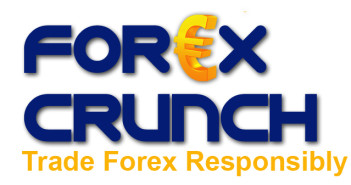Having the ability to trade currencies using regular banks will be a big step forward in bringing forex trading to the masses. This is the second article in a series of articles about forex coming to the mainstream.
Previous article: Forex Education – The First Step to Make Forex More Mainstream.
Most people make investments using their banks. It’s much easier trading stocks from the same account where you deposit the paycheck. Opening a separate account, making a deposit and starting to trade requires people to be active. And most people aren’t. And what options do banks offer?Regular banks have a big role in forex trading – but not for the retail trader – only for interbank liquidity. Most serious brokers rely on bigger institutions for liquidity. Market makers don’t do it for small clients (they bet against them in many cases), but are forced to work with banks for big positions.
Retail trading is almost impossible
Some banks around the world enable holding foreign currency in your account. This is usually limited to the very major currencies, and is subject to very high commissions. And forex trading? Most banks that I know of don’t enable this option. In rare cases, forex trading will be limited to certain hours and will feature extreme spreads.
Automated trading? Special study tools? Advanced charts? Forget about it. Banks might offer nice tools for trading stocks. These tools are way behind the basic tools that every forex broker offers today.
Currently banks aren’t keen on supporting forex trading. They contribute to the risky image that forex trading has. Without their support, forex will never reach the masses.
There are already a few banks that have a section for forex. They are outnumbered by the banks that don’t. After the outbreak of the financial crisis in the autumn of 2008, the volume of retail forex trading rose. With this rise, banks became more aware of this alternative to stocks, that were plunging at that time.
I believe that more and more banks will carefully start offering forex trading to their clients. They’ll want to compete with forex brokers and attract more mainstream audience. They might have harsh limits on leverage and might not allow all their clients to trade at first. Banks are slow to move and they’ll be extra careful, especially with new regulation.
They won’t need to offer better tools or spreads to traders. They will be looking for different clients – clients that aren’t constantly searching for a better broker – clients that only want another option within their home bank.
Ready to connect with real Forex traders? Currensee is the first Forex trading social network.
